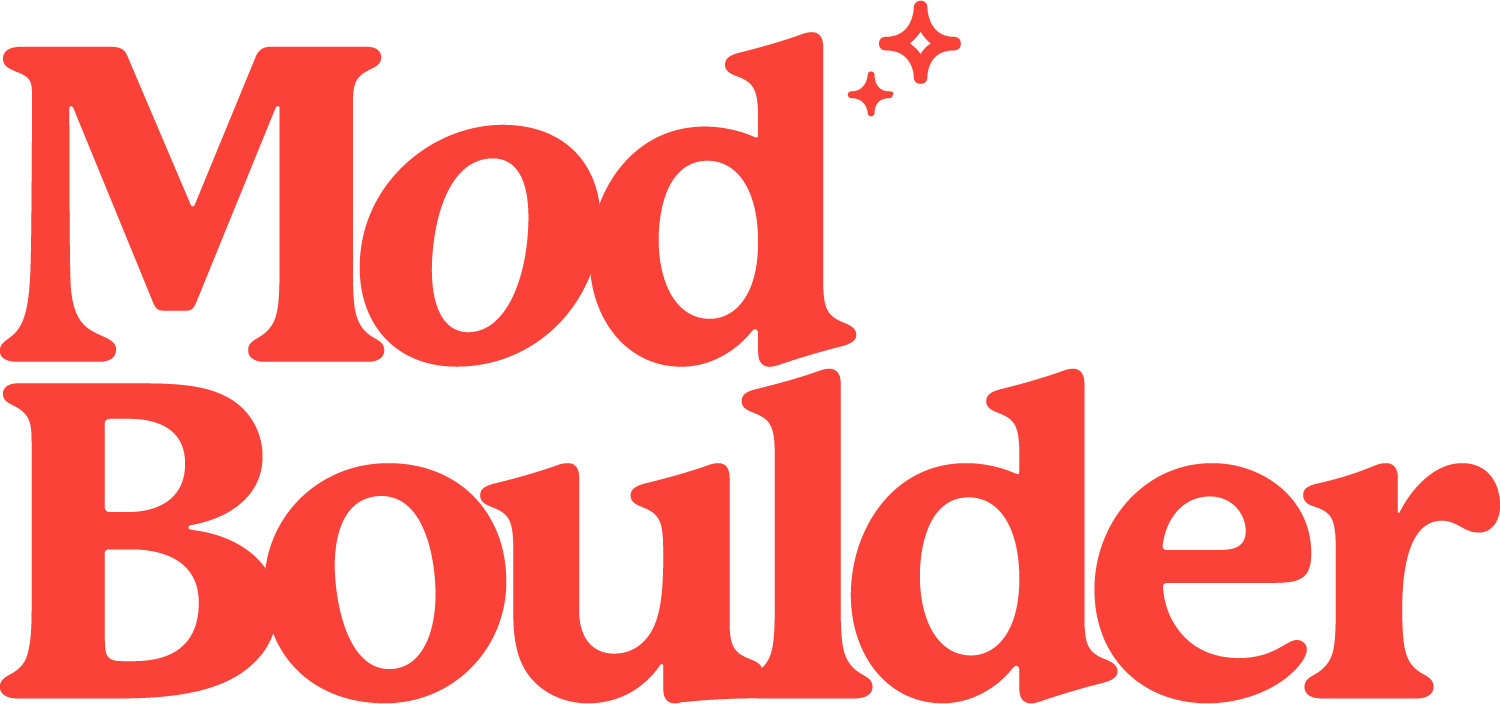Sales Styles: A Look at Real Estate’s Different Types of Listings
FSBO. Foreclosure. Bank-owned. Standard sale. It's all real estate, but what's it all mean? Real estate agents are often asked to explain these different types of listings, as well as offer advice on which is the best deal, how long closing takes, what to avoid, etc.
As different as these listings are, the overarching idea is this: each presents its own positives, negatives, hurdles, and occasional (or sometimes guaranteed) headaches. Here, we boil them down for you.
FOR SALE BY OWNER (FSBO)
For many years, it was a given that homeowners needed the help of a real estate agent to sell their home. But times have changed, and these days, some sellers want to cut out the middle man—along with his associated broker fee—and opt to sell their home as "for sale by owner," or FSBO. (Say it out loud with us: FIZZ-bow.)
For homes with prominent locations—and for sellers with a savvy understanding of real estate transactions—the FSBO approach may seem appealing, especially when you factor in saving the selling agent's fee. But for buyers, the transaction proves a bit trickier, and can leave the purchasers vulnerable to pitfalls, loopholes, and giant question marks looming over their heads.
When comparing FSBO prices to comparable homes sold in the neighborhood (“comps,” in real estate lingo), these prices usually include buyer's broker fees. In the Boulder area, these fees tend to sit in the 2.5% to 3% range. If the FSBO seller is savvy, they will offer a co-op, which is a fee to cover the buyer's broker fee.
In short, we recommend the buyer beware in FSBO transactions. While the savings can seem initially appealing, the cost of having a professional on your side during one of the largest purchases of your life is minimal in the long run.
FORECLOSURE
Scary word, right? Well, it should be. Foreclosure is a legal process in which a lender attempts to recover the balance of a loan from a borrower who has stopped making payments to the lender by forcing the sale of the home used as the collateral for the loan.
Because the foreclosed home is often occupied, interested buyers are not allowed to view the inside of the home. In fact, stepping onto the property is considered trespassing. If you've driven past and decide it's worth purchasing, your next step is to attend the weekly foreclosure sale held in the Office of the Public Trustee on Wednesdays at 10:00 A.M.
There, the bid submitted by the lender's attorney is announced, and the bidding starts. (The amount of the opening bid is most often what the lender is owed.) Curious about the amount of the opening bids prior to the sale? A pre-sale report is available on the Public Trustee's website the Monday prior to the sale.
Here's the kicker: the successful bidder must submit certified funds for the exact amount of their winning bid by 1:00 P.M. on the day of the sale. What's that mean? You need to have cash, and lots of it.
Got the cash, made the bid, and ready to make out like a bandit? Not so fast. A winning bid is just the start of a long and arduous redemption process, where you take ownership of the house. Once you're through that phase, you may even have to evict the former homeowners. (Gulp.)
While the savings can be steep, believe us: buying a foreclosure is not for the faint of heart.
LENDER / REO (BANK OWNED)
Let's go back to the foreclosure sale mentioned above. The lender bids on the home and no other bids are placed. This means the lender has bought the home back and takes ownership. So...now what?
More often than not, the lender will hire a real estate agent to sell the property. The difference between a bank-owned sale and a standard sale (see below) is that the lender has its own procedures, forms, and timelines—and if you don’t like it, tough cookies.
Lenders aren't typically as motivated or as accommodating as regular owners. They look at the house as a debit on their balance sheet, not a home that they’ve lovingly cared for over the years. Bank-owned homes can be good deals, but be ready to play by the bank's rules. We suggest a trusted and knowledgeable agent to guide you through the (mountains of) red tape.
STANDARD SALE
Ah, cut and dry. Black and white. Easy and squeezy. (Well, we hope.) A standard sale is how most homes are sold.
For sellers, the seller hires a real estate agent to market the home, schedule showings, field the offers, make sure deadlines are honored, work through the inspection process, and ensure that the transaction closes smoothly.
For buyers, they hire a real estate agent to gather comps, walk them through the offer and acceptance, set up the inspection, act as an advocate and liaison with the seller's agent, communicate with the lender, follow up on any concerns, and make sure that the buyers are well-represented and happy at closing.
Regardless of the real estate listing or the type of transaction, there are plenty of potholes along the road to homeownership. With a good agent, the jarring will be minimized, and they'll work hard to make the process as comfortable and stress-free as possible for their clients.

